June 2015 Review
TransConflict is pleased to present a selection of articles published during June, plus updates from the Global Coalition for Conflict Transformation.
| Suggested Reading | Conflict Background | GCCT |
1) The twelfth GCCT newsletter
TransConflict is pleased to present the twelfth Global Coalition for Conflict Transformation (GCCT) newsletter, showcasing the work of the GCCT and its members. Read on…
2) Civic fantasy
David B. Kanin – The United States is trying to build the South Vietnamese Army in Iraq (and Syria). Read on…
3) Yugoslavia, Syria and Iraq – lessons learnable?
Gerard Gallucci – The demise of Yugoslavia has several important lessons for other divided contexts. First, if you want to maintain the stability of internally divided states, it might be better to work with the leaders you have. Second, collective identity remains the essential basis for political power as wielded by those seeking to gain and hold it and as recognized by those ready to follow. Finally, the process of breakup once underway is essentially unstoppable. Read on…
4) Negotiating the release of Macedonia’s captured state
Adela Gjorgjioska – Fred Halliday proposed to recharge International Relations theory with central themes and concepts of classical sociology. This implied going below the level of realist interstate geopolitics and considering the interplay between structure and agency, as the condition for engendering positive social change, which meant attributing equal significance to revolutions, side by side to war, as the central objects of study of IR. With the Arab Spring, Gezi and Maidan all having taken place in the past five years, the need to re-consider Halliday’s proposal is greater than ever. One way to assess its merits is to apply it to the recent developments in Macedonia, a country that experienced an intimation of both war and revolution, within the short time-span of the month of May. Read on…
5) The necessity of Iraqi Sunni independence
Dr. Alon Ben-Meir – One of the main prerequisites to defeating ISIS in Iraq is to determine the political future of Sunni Iraqis. The Obama administration must therefore begin, concurrently with the fight against ISIS, to negotiate the future status of the Sunni Iraqis. Read on…
6) Iraq 2015 – development and decentralization (de facto)
Dr. Yossef Ben-Meir – In the context of the bitter struggle in Iraq and beyond, it seems important at the present moment to share ideas about decentralized development and its consequences as they may relate to countering violence and promoting peace. Read on…
7) Turkey’s unique democracy vetoes ‘New Turkey’ and its foreign policy agenda
Doga Ulas Eralp – The ‘New Turkey’ concept suggested a neo-conservative agenda that had three basic tenets in its foreign policy orientation: balancing Israel in the Middle East, stopping Iranian expansionism and the pursuit of a maximalist Neo-Ottoman presence in global politics. The electoral defeat of this concept, however, should result in a vital period of restoration for Turkish foreign policy. Read on…
8) Use the economy for cooperation, not for boycotts
Arik Segal – In the absence of political negotiations, civil society should take the lead and start by building business communities. Read on…
9) The 2015 Nigerian Presidential elections – a question of democracy
Phillip Nyasha Fungurai – The successful 2015 presidential elections in Nigeria provide important lessons for how to conduct free, fair, credible and peaceful elections throughout Africa. Read on…
10) The US must stop enabling Israel
Dr. Alon Ben-Meir – By demonstrating tough love, the US can fulfill its moral obligation to best serve Israel’s national security and preserve it as an independent Jewish and democratic state, which for nearly all Israelis is their most cherished dream. Read on…
11) The United Nations as one mind
Rene Wadlow – Reforms of UN structures is difficult − basically impossible − because the system works “well enough” to suit most governments and that most governments are not willing to risk major changes in the world society because of unknown consequences. Therefore change and improvements will come only through forceful and coordinated efforts from the nonstate sector. Read on…
12) Israel-Palestine – it’s time for a new strategy
Dr. Alon Ben-Meir – The regional turmoil must not forestall the Israeli-Palestinian peace process; on the contrary, it should serve as the catalyst that could end one of the longest conflicts in modern history. Read on…
The Global Coalition for Conflict Transformation
1) The Soul of Europe and the EU referendum
TransConflict is pleased to present a paper by the Soul of Europe, a member of the Global Coalition for Conflict Transformation, making a powerful case for reform of the EU. Read on…
2) The Center for Peacebuilding (CIM) from Bosnia-Herzegovina
TransConflict is pleased to showcase the work of the Center for Peacebuilding (CIM) from Bosnia-Herzegovina, a member of the Global Coalition for Conflict Transformation. Read on…
3) Youth as essential partners for peace
TransConflict is pleased to present a petition by the United Network of Young Peacebuilders, a member of the Global Coalition for Conflict Transformation, calling on the United Nations Security Council to adopt a Resolution on Youth, Peace and Security. Read on…
4) Peacebuilding through sport
Phillip Nyasha Fungurai – Sport for peacebuilding dovetails well with Johan Galtung’s 3 Rs for holistic peacebuilding – reconstruction, reconciliation and resolution. Read on…



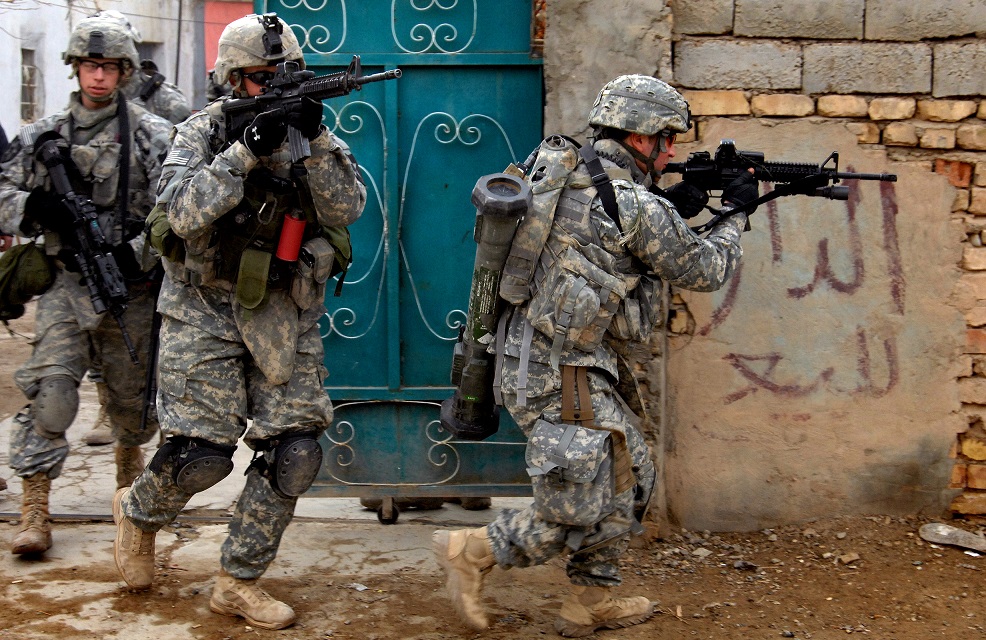

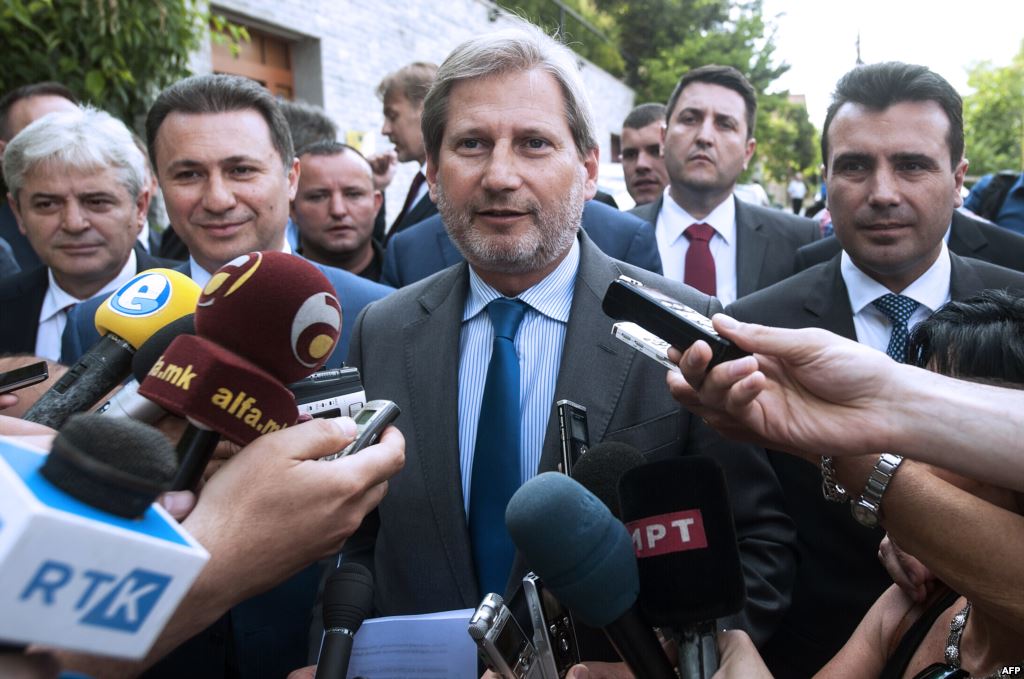

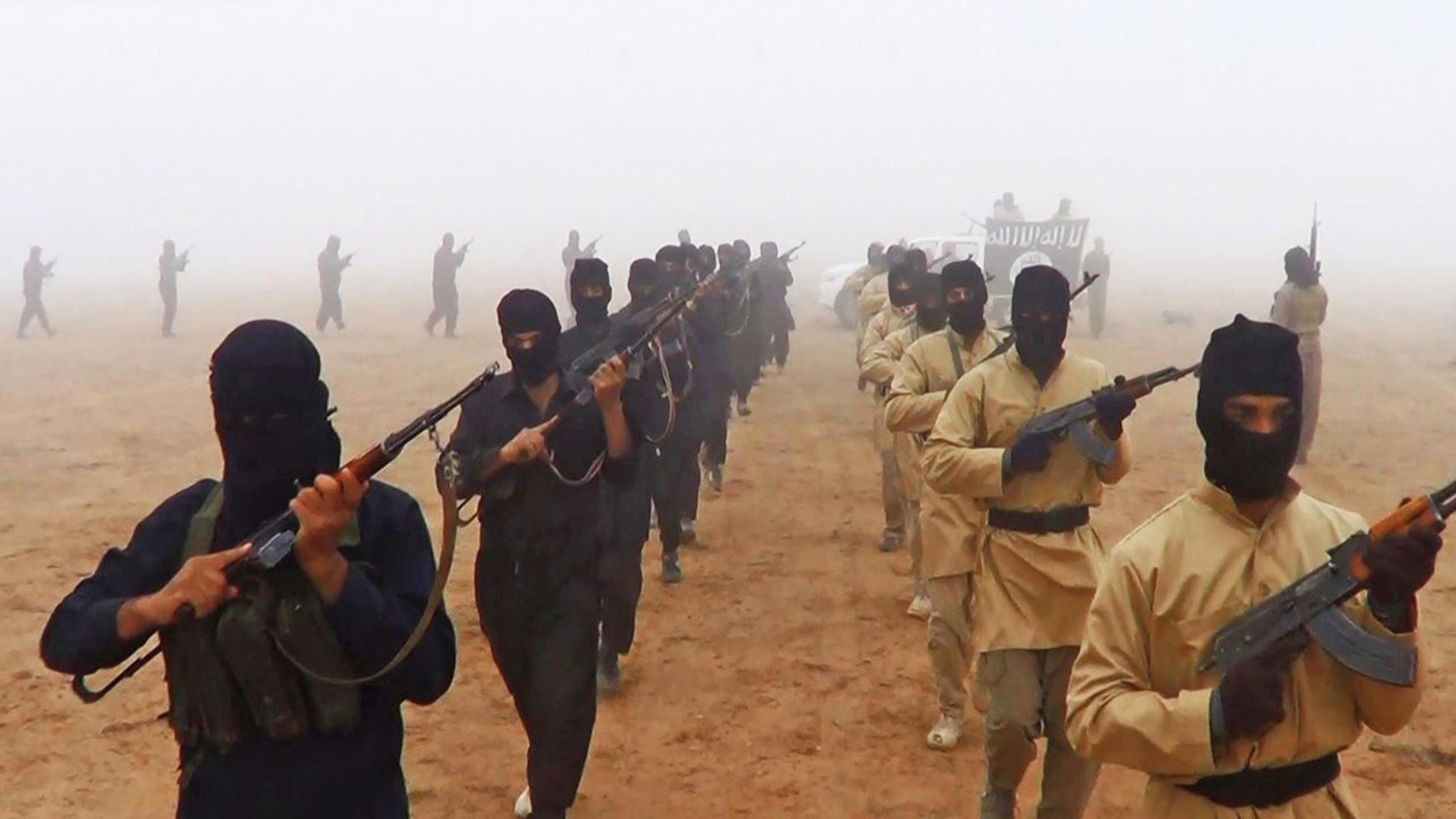

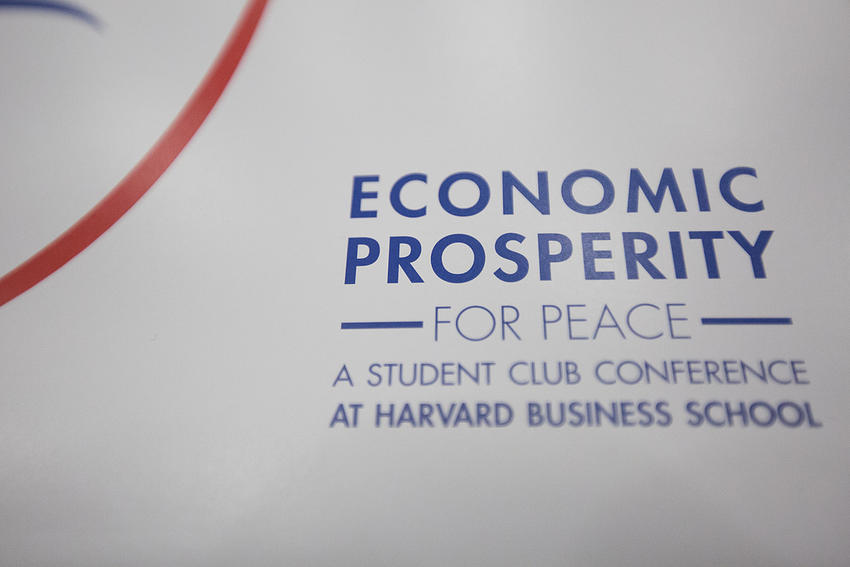

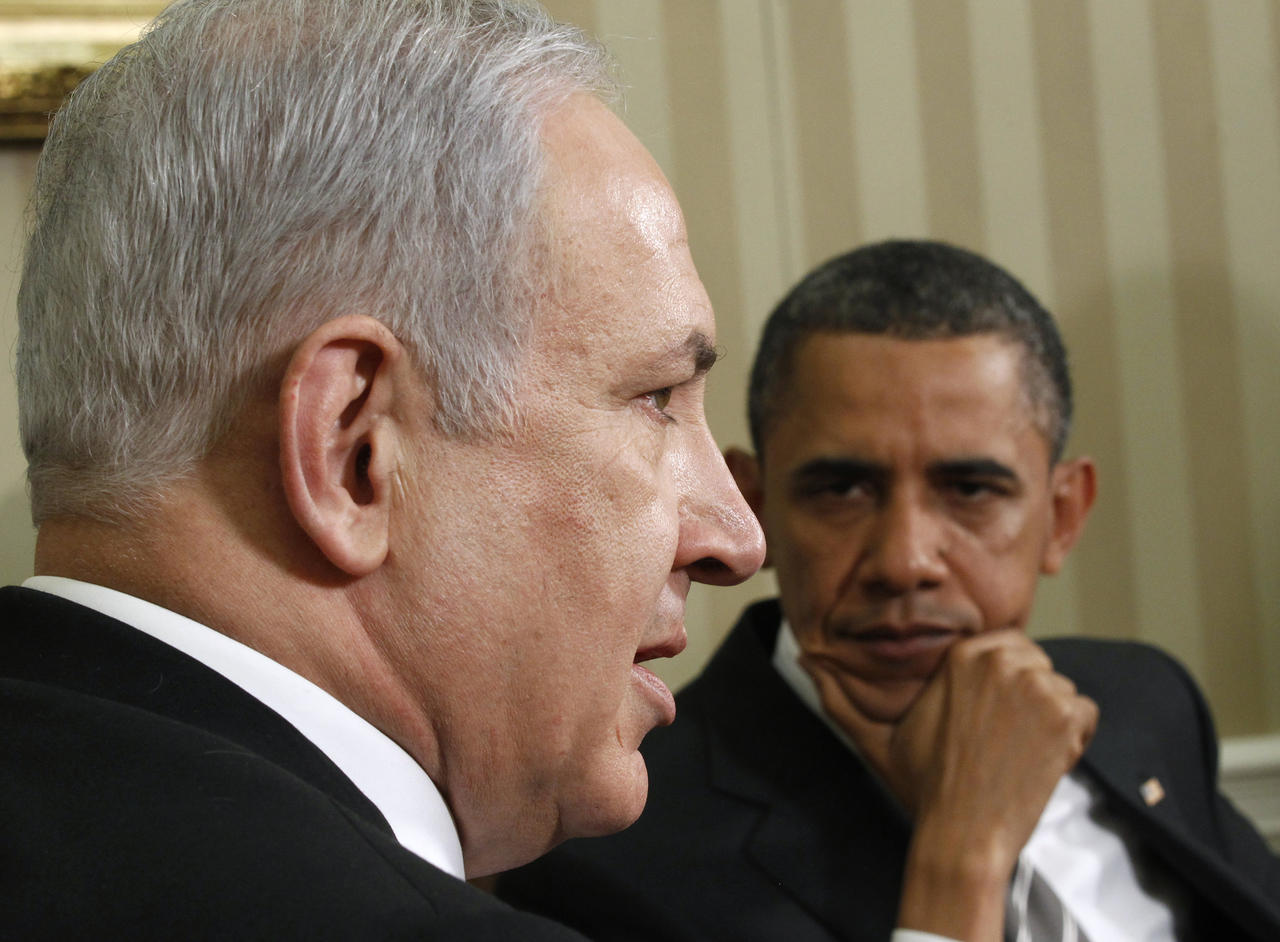



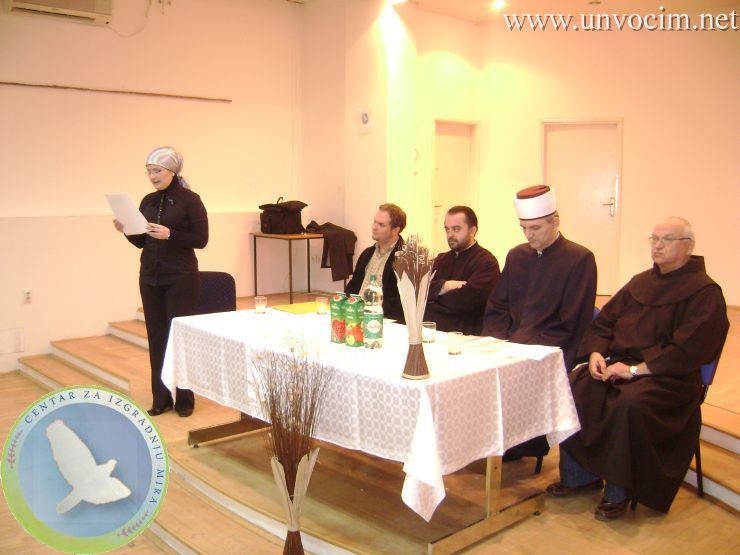
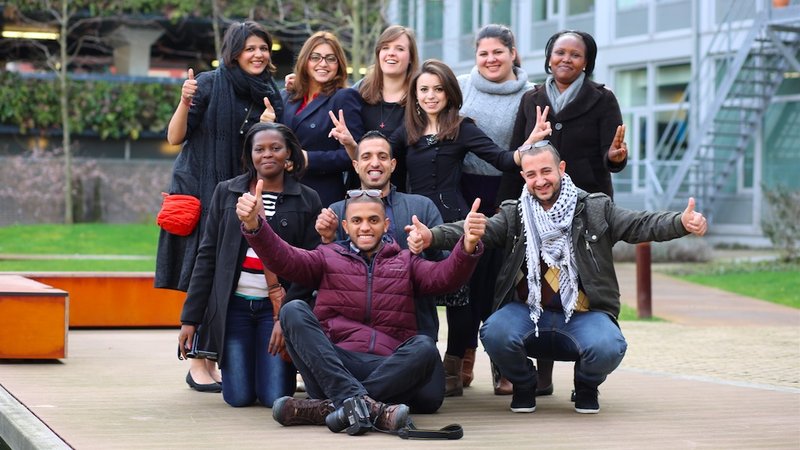



















RT @TransConflict: #June 2015 Review: @TransConflict is pleased to present a selection of articles – @GCCT_TC – http://t.co/s9o1j43sQX
RT @gcct_tc: #June 2015 Review: @TransConflict is pleased to present a selection of articles – @GCCT_TC – http://t.co/mX7iAJSjY1
RT @TransConflict: #June 2015 Review: @TransConflict is pleased to present a selection of articles – @GCCT_TC – http://t.co/s9o1j43sQX